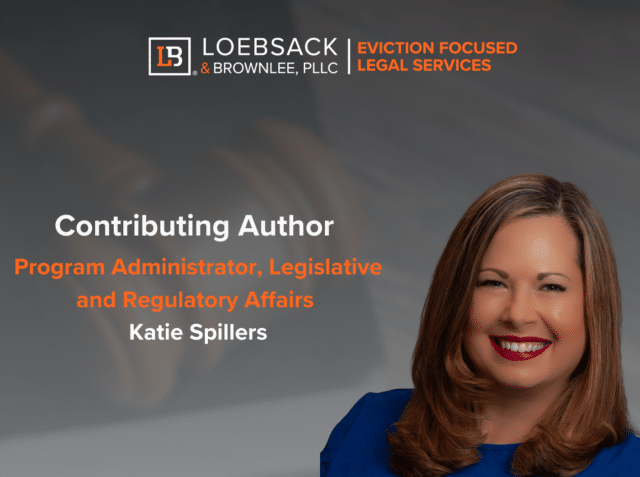On April 21, Georgia Governor Brian Kemp signed a comprehensive tort reform package that combines two pieces of legislation: SB 68 and SB 69.
The specifics of the new policy are outlined below:
- Reevaluates the Standard for Negligent Security Liability (“Premises Liability”): Ensures businesses are only liable for what they directly control. The legislation holds property owners accountable when they fail to keep their property safe for their customers and the public, but protects establishments for simply opening their doors and employing hardworking Georgians in communities and neighborhoods that need them.
- Truthful Calculation of Medical Damages in Personal Injury Cases (“Truth-in-Damages”): This legislation ensures that Georgians injured due to negligence are fully compensated for their costs while also protecting consumers from inflated expenses. It allows attorneys in jury trials to present evidence of the medical bills charged by healthcare providers alongside the amounts actually paid by insurers to cover those charges. Jurors can then determine the reasonable value of the plaintiff’s past medical care, with complete transparency regarding both the billed and paid amounts for treatment.
- The new law eliminates the ability to use arbitrary benchmarks to influence the jury’s decision on pain and suffering damages, a tactic known as “anchoring.” It prohibits lawyers from introducing artificial references, such as a professional athlete’s salary, the cost of fighter jets, or the number of miles driven by a truck, during closing arguments to suggest what the plaintiff should receive for their injuries. Instead, closing arguments regarding damages must be directly related to the actual evidence of the plaintiff’s pain and suffering.
- This bill does not limit the amount of money a jury can award. Rather, the Governor’s legislation merely safeguards the jury’s decision-making process by preventing irrelevant and improper arguments from counsel. This empowers the jury to determine the award amount based on the real evidence presented in the case.
- Bifurcated Trials: This process allows a party in a case to request that the trial be divided into two parts. In the first part, the jury determines whether the defendant is liable. Only after this decision is made does the jury hear evidence regarding the extent of the plaintiff’s damages. This procedure clarifies important courtroom practices and ensures that both parties have an equal opportunity to present their arguments.
- Allows a Jury to Know Whether the Plaintiff Wore Their Seatbelt (“Admissible Seatbelt Evidence”): This proposal removes the current exclusion in the evidence code that prevents defendants from presenting evidence that the plaintiff was not wearing a seatbelt during an auto accident. By allowing seatbelt evidence to be admitted at trial, the defense can use it to mitigate damages, especially in cases where the plaintiff’s failure to use this essential safety feature leads to significantly worse injuries.
- Eliminates Double Recovery of Attorney’s Fees: This bill closes a loophole that allowed plaintiffs’ counsel to recover their fees twice for the same lawsuit. Courts will still be able to award attorney’s fees, but only once.
- Elimination of Voluntary Dismissal During Trial: This amendment changes the timeline for voluntary dismissals, effectively ending the practice of plaintiffs dismissing a case to refile it in a more favorable jurisdiction after the defense has already incurred significant costs for trial preparation and has started the trial.
- Motion to Dismiss Timing Changes: The Georgia Civil Practice Act now allows a defendant to file a motion to dismiss in lieu of an answer, cutting down unnecessary discovery expenses while a motion to dismiss is pending.
- Reforming Third-Party Litigation Funding and Enhancing Transparency.
- First, the legislation prohibits hostile foreign adversaries from exploiting our judicial system to undermine our critical security and economic interests. This is aimed at protecting Georgian businesses and consumers from foreign entities that may fund litigation to steal trade secrets or promote their own political agendas at the expense of our state’s citizens.
- Second, the legislation protects consumers against predatory lenders who seek to exploit individuals in vulnerable situations. It prohibits litigation funders from influencing the litigation strategy and ensures that they cannot take the plaintiff’s entire recovery. Additionally, it mandates that plaintiffs be informed of their rights.
- Third, the bill enhances transparency for the courts, opposing litigants, and plaintiffs.
More information can be found here.


